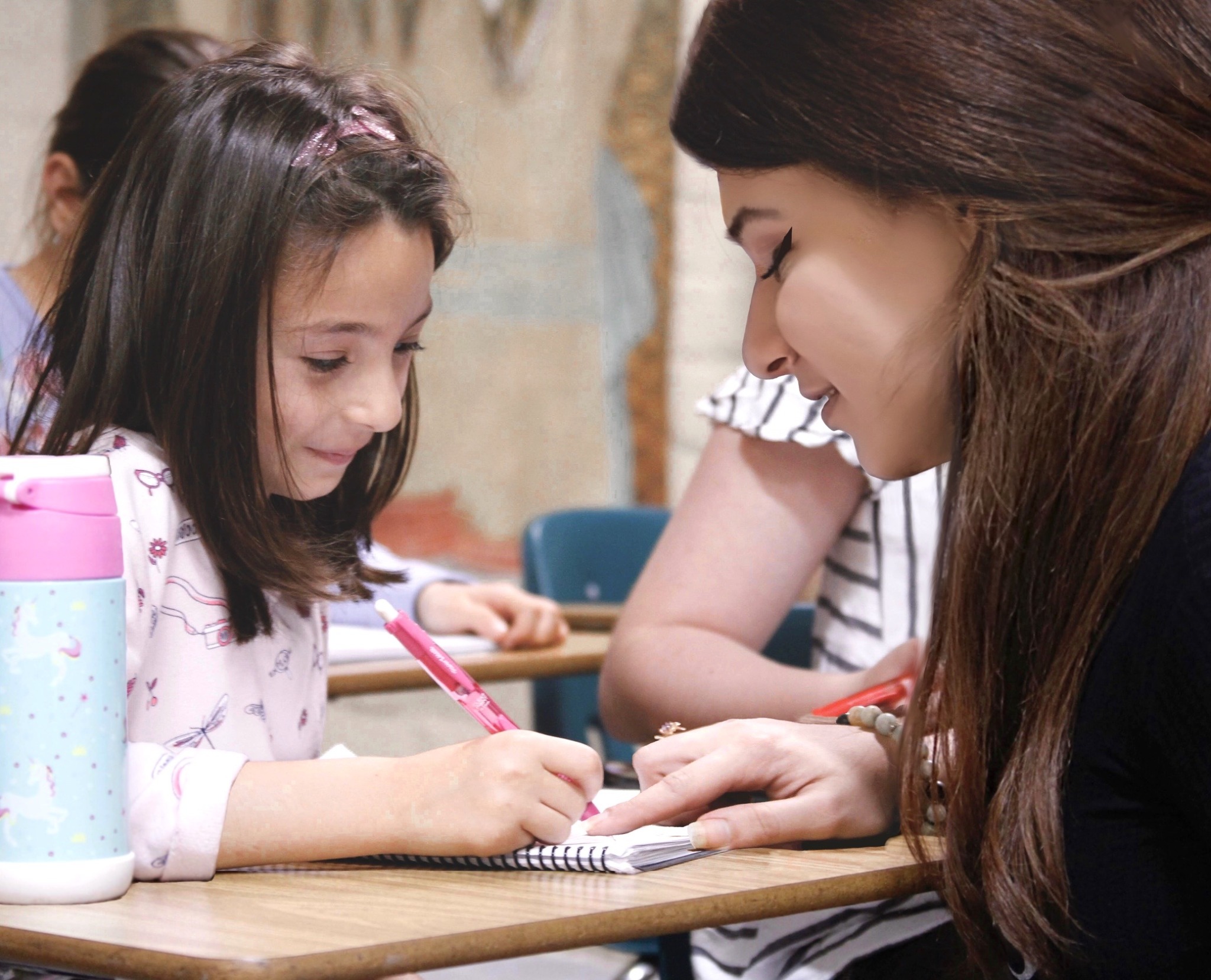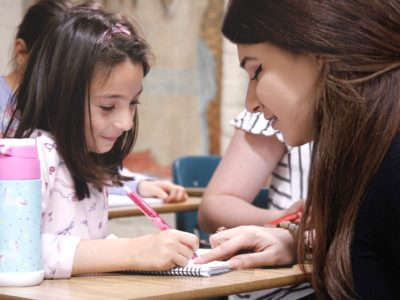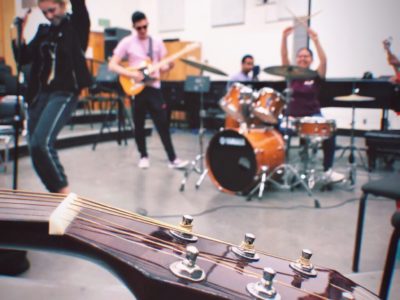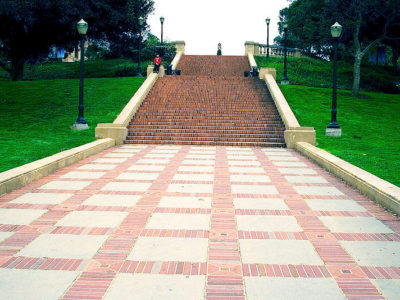There’s something paradoxical that comes with identifying as a teacher and an imperfect full-time student at the same time. I’ve arrived late to my college classes, turned out accidentally unprepared, and chosen sleep over attendance, on many occasions. So, how can I hold my students accountable for those same actions? Just like politics, I think settling on any extreme end, is going to put you into moments of hypocrisy. I don’t believe in the no-tolerance professor nor the passive “give everyone an A” aficionado. I guess, looking back at specific instances from my unbalanced college life made me more purposeful and empathetic as a teacher.
How unbalanced was my college life, you might ask? Well…

I exemplified the epitome of “I don’t know what I’m doing or how, but let’s just see how long I can keep going before I collapse” in my senior year at UCLA. As if senior year isn’t already a drain on your soul, there exists one specific jam-packed forty-eight hours I’ll never forget. After a full Thursday of classes, my roommates persuaded me to get ready with them and go to a party for a friend’s birthday. It was during that drive directly from that party to my 4 a.m. opening shift at Starbucks, when I first reflected, “What the hell am I doing?”
If you have anxiety, your blood pressure is probably spiking as you read this. So, keep reading at your own risk.
Once I left Starbucks, I went straight back to campus for my Friday lecture. After this, I had two choices: get some rest or finish an essay due at midnight. Knowing my one-hour nap would turn into five, I decided to power through. I ended up submitting my essay at 11:59 p.m., as one does. You’re probably relieved. Now she can sleep, right? Oh, so wrong. I had another opening shift so that left me with two choices: get some rest and risk oversleeping, or once again, power through. You already know which one I did.
Don’t feel too bad though. Baristas get as much free coffee as they want. And when all else fails, we distract ourselves with latte art.

After that second Starbucks shift, I drove directly to my 10 a.m. job teaching music history and theory classes to kids. Finally, that evening, a hellish forty-eight hours later, I got home and collapsed into my bed.
My college experience was basically four years of me walking on a tight rope. Yes, I didn’t get sleep. I couldn’t give 100% to everything. However, I somehow pulled through good grades, got a great resume, and now I don’t have any debt since I worked my way through school.
So now when I’m teaching my students, and a kid walks in late looking tired, I don’t give them heat. If a student, that’s otherwise engaged in class, forgets an assignment, I give them a chance to make it up. When someone doesn’t seem as energized as they usually are, I make sure to ask if they’re okay. However, I assure you, I am no pushover. I can’t stand rudeness or patterns of neglect. One thing I haven’t decided on, as far as my reaction goes, is when my students blurt out truth bombs to me.
It’s endearing and at the same time, absolutely annoying, how brazen 2010s children are. They do not hold back. And while I like to think I mastered my sarcasm by religiously studying Jim from The Office for nine seasons, 2010s kids are just born with it. “Generation Alpha,” indeed. They exude so much sass — but with that, an equal part of genuine honesty.
In the intervals when my students aren’t roasting me as if our classroom is Comedy Central, they tend to reveal constructive comments. I like hearing “I really love today’s class” and even “I’m bored, can we stop talking about music, and listen to it?”. I do tell them when they’re being rude. However, I also ruminate on what they say and adjust my future lesson plans to be more engaging.
One of the most important things I’ve learned from teaching originates from the many times I had to put my own hypocrisy in check, and admit to my students that they are right, and I am wrong. I obviously don’t know everything there is to know. Teachers don’t know everything. My tenured college professors don’t know everything. So, when my students correct me, I accept that I am an imperfect and imbalanced human who is bound to err. And I take it as a teaching opportunity to remind them it’s okay to make mistakes.



















